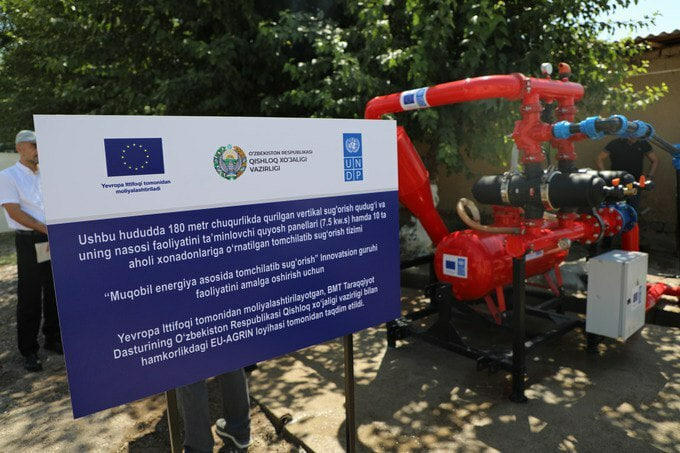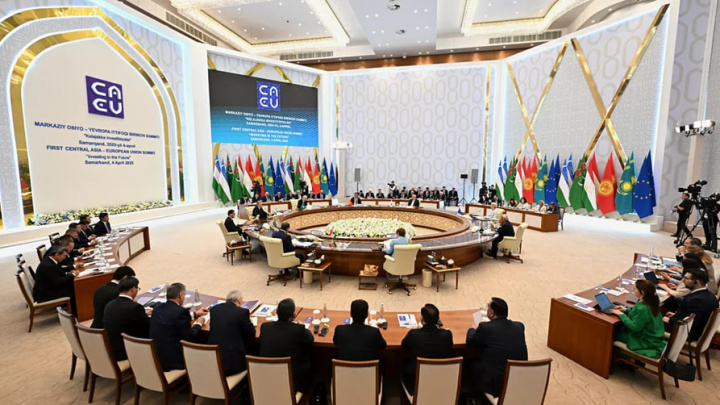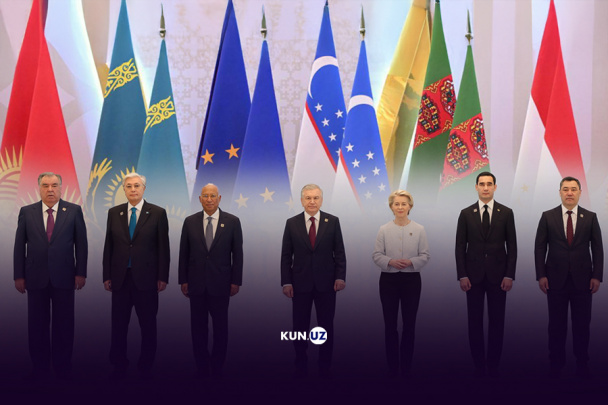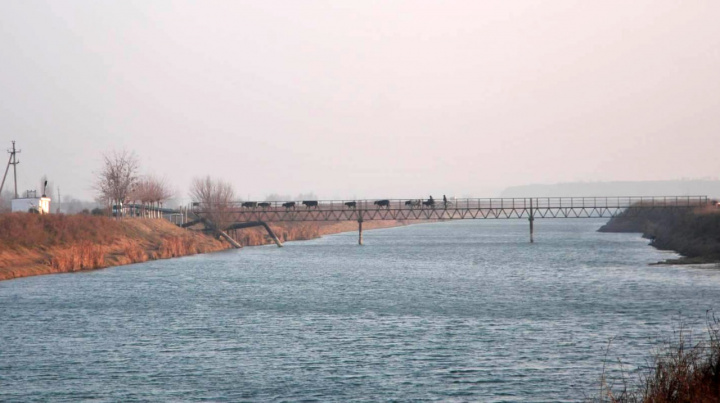Uzbekistan pioneers solar-powered drip irrigation to boost water efficiency and agricultural sustainability
The first solar-powered pumping system has started operating in the Tashkent region.

Photo: Spot
A photovoltaic drip irrigation system has begun functioning in the Akkurgan district of the Tashkent region, according to the press service of the regional administration.
The pump, which extracts water from a well at a depth of 180 meters, operates on electricity generated by solar panels with a total capacity of 7.5 kWh. This initiative was implemented in collaboration with the United Nations Development Programme (UNDP) and the European Union as part of the EU-AGRIN project.
The installation can serve over 20 households with subsidiary farms covering a total area of more than 3 hectares. Compared to standard drip irrigation, water savings can reach up to 60%.
Currently, the pump supplies water to plots of 0.8 hectares, belonging to 10 households. Surplus electricity generated is sold to the state, and the proceeds from this are used for the maintenance of the well and management of the system.
Wim Riepma, Head of the Cooperation Section at the EU Delegation to Uzbekistan, emphasized the project's role in the sustainable development of agriculture. He noted that alternative energy sources will help ensure food security and increase farmers' incomes.
In addition, the Tashkent Region Water Supply Company is installing solar panels on hydraulic structures in various districts. By the end of the year, it is planned to install 3,933 solar panels.
Recommended
List of streets and intersections being repaired in Tashkent published
SOCIETY | 19:12 / 16.05.2024
Uzbekistan's flag flies high on Oceania's tallest volcano
SOCIETY | 17:54 / 15.05.2024
New tariffs to be introduced in Tashkent public transport
SOCIETY | 14:55 / 05.05.2023
Onix and Tracker cars withdrawn from sale
BUSINESS | 10:20 / 05.05.2023
Latest news
-
MIA clarifies rules on delayed traffic fine notifications
SOCIETY | 13:03
-
“Helping neighbors is a moral duty” – Tokayev vows support for neighbors and balanced foreign policy
SOCIETY | 11:53
-
MP Alisher Kadirov proposes stricter laws against online defamation and manipulation
SOCIETY | 11:38
-
Driver seriously injured in crash with traffic police car, still in coma after two months
SOCIETY | 11:05
Related News

16:09 / 10.04.2025
From forgotten to frontline: Does Central Asia really matter now?

19:10 / 09.04.2025
Strategic partnership, transport corridors, critical minerals and more – Samarkand summit highlights

12:38 / 07.04.2025
Uzbekistan sends Kazakhstan 12.6 billion cubic meters of water, exceeding plan

14:03 / 05.04.2025



